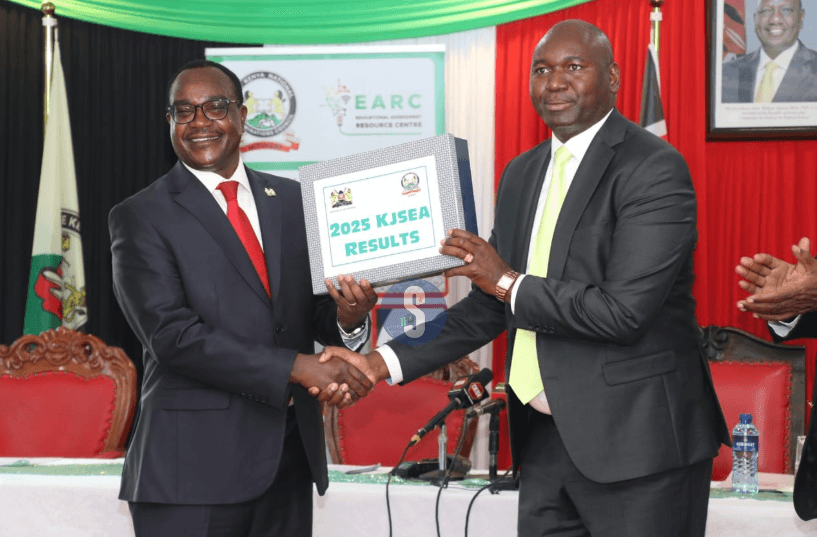The Kenya Pharmaceutical Distributors Association (KPDA) wants the government to regulate the price of medicine locally to cut on huge profits by multinationals.
The umbrella association of pharmacist and pharmaceutical importers, distributors, wholesalers and retailers in Kenya, is also calling for improvement in the regulation of the medicine market.
This, they say, unless undertaken, could lead to a shortage and price increases in pharmaceuticals and other health supplies.
According to KPDA the government, through the Trade ministry should intervene.
The association's chairman Dr Isaac Muruchu said multinationals drugs firms and cartels have taken advantage lack of control of pharmaceutical prices in Kenya.
“Cancer treatment is available, though unaffordable to many Kenyan. A dose of a monoclonal antibody sourced from parallel importation goes for Sh336,000 but the same product sold by multinational pharma goes for Sh738,000.00. Who can be able to explain this difference in price?,” paused Muruchu.
Kenya is a signatory to the World Trade Organisation (WTO) agreements, and in 2000 it enacted its intellectual property law to allow for the process of parallel importation through the Kenya Industrial Property Act 2001.
Parallel importation is whereby medicines which are still on patent and off patent and are very expensive can be sourced from global market where they have been placed by the owners and agents of the intellectual property rights and patent rights but at a preferentially lower price.
The lobby says that the free market has led to prices of pharmaceuticals being more than 500 percent to 700 percent more expensive in Kenya than in neighbouring markets, and other countries such as the United Kingdom, Germany and the United States and India.
“Medicines are not luxuries, they are lifesaving commodities and should not be seen as normal commodities of trade,” added Muruchu.














